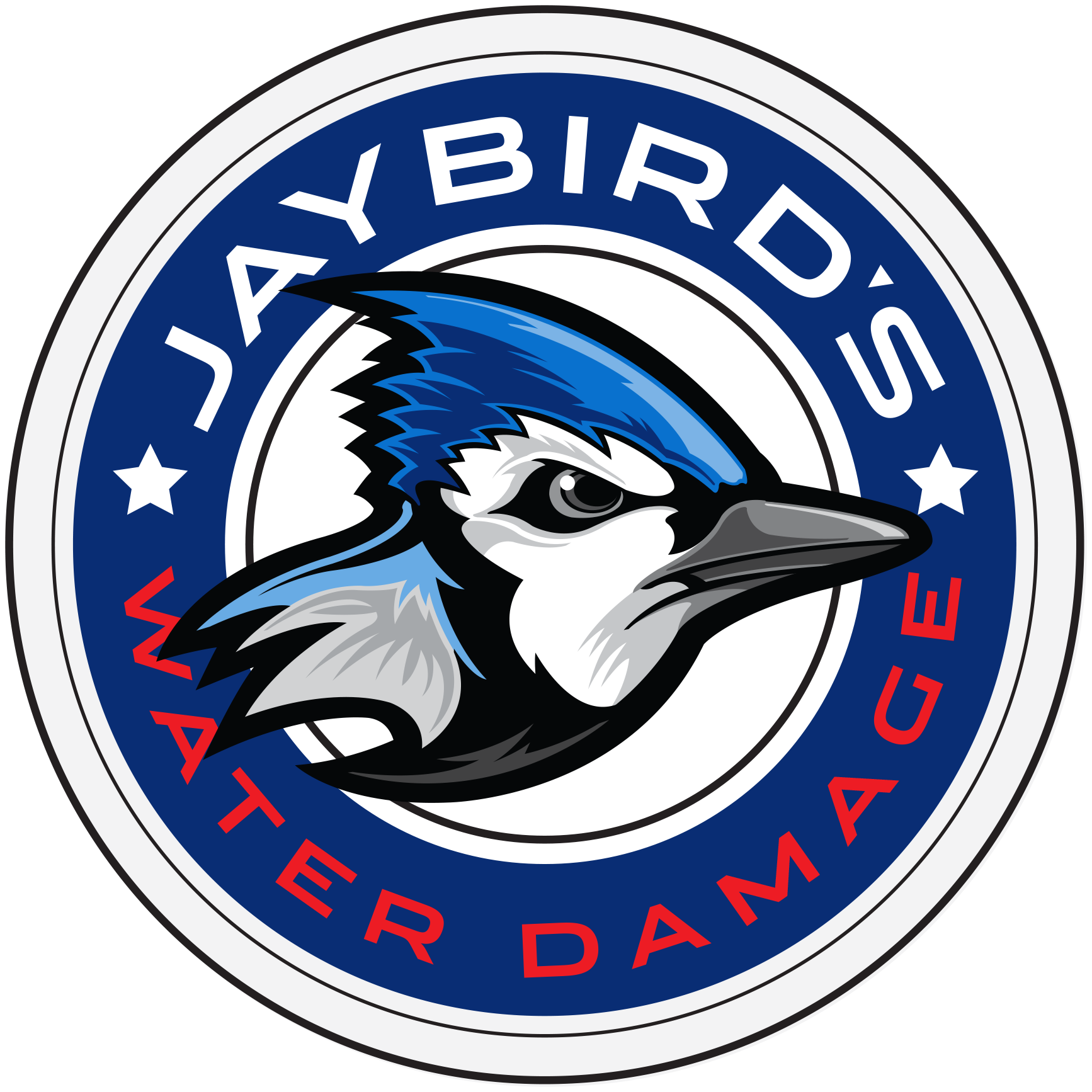Flood damage is a serious concern for homeowners in Reno, especially during the winter months when snowmelt and heavy rain can lead to flooding. While it’s impossible to completely eliminate the risk of flood damage, there are steps you can take to prevent it from occurring or minimize its impact on your home. In this blog post, we’ll cover 10 tips for preventing flood damage in your Reno home.
Regular Maintenance and Inspections
Regular maintenance and inspections of your home’s plumbing, roofing, and foundation can help prevent flood damage. Leaks or cracks in any of these areas can allow water to enter your home, causing damage to floors, walls, and possessions. Make sure to have your home inspected by a professional at least once a year to identify any issues that need to be addressed.
Proper Disposal of Waste and Chemicals
Improper disposal of household waste and hazardous materials can lead to flood damage. These materials can clog drains and pipes, leading to backups and overflows. Make sure to dispose of waste and chemicals according to local regulations and guidelines. If you’re unsure about how to dispose of a particular material, contact your local waste management facility for guidance.
Install Water Detection Devices
Water detection devices can alert you to the presence of water in your home before it causes significant damage. There are several different types of water detection devices available, including water alarms, water sensors, and water leak detectors. These devices can be installed in areas of your home that are prone to water damage, such as the basement, laundry room, or bathroom.
Elevate Electrical Appliances and Systems
Electrical appliances and systems can be damaged by flood water, leading to costly repairs or replacements. Elevating appliances and systems, such as your furnace or water heater, can prevent them from being damaged by flood water. Make sure to consult a professional before elevating any electrical appliances or systems in your home.
Proper Landscaping and Drainage
Proper landscaping and drainage can help prevent flood damage by directing water away from your home. Make sure your yard is graded away from your home and that your downspouts and gutters are clear of debris. You can also consider installing French drains or dry wells to help redirect water away from your home.
Install Backflow Prevention Devices
Backflow prevention devices can help prevent sewage backups from entering your home during flood events. These devices work by preventing wastewater from flowing back into your home’s plumbing system. Make sure to have a professional install backflow prevention devices to ensure they’re installed correctly and provide adequate protection.
Store Valuables in a Safe Place
Storing valuables in a safe place during flood events can help prevent costly losses. Consider storing valuables, such as important documents, in a waterproof safe or a location above ground level. You can also consider taking pictures or videos of your valuables as proof of ownership for insurance purposes.
Have an Emergency Plan
Having an emergency plan in place can help keep you and your family safe during flood events. Make sure everyone in your household knows what to do in the event of a flood, including how to turn off electricity, gas, and water, and where to evacuate to if necessary. Keep a disaster kit on hand with essential items such as food, water, and first aid supplies.
Install Sump Pumps
Sump pumps can help prevent flood damage by removing excess water from your basement or crawl space. These devices work by collecting water in a sump basin and pumping it away from your home’s foundation. Make sure to have a professional install a sump pump to ensure it’s installed correctly and meets local building codes.
Purchase Flood Insurance
Finally, purchasing flood insurance can help protect your home and possessions from flood damage. Standard homeowners insurance policies typically don’t cover flood damage, so it’s important to purchase a separate flood insurance policy if you live in a flood-prone area. Make sure to review your policy regularly and update it as needed to ensure you have adequate coverage.
In conclusion, preventing flood damage in your Reno home requires a combination of regular maintenance, proper disposal of waste and chemicals, installation of water detection devices and backflow prevention devices, proper landscaping and drainage, elevating electrical appliances and systems, storing valuables in a safe place, having an emergency plan, installing sump pumps, and purchasing flood insurance. By following these 10 tips, you can help protect your home and possessions from flood damage and minimize the impact of any flooding that does occur. Remember, prevention is key when it comes to flood damage, so take action now to protect your home.
